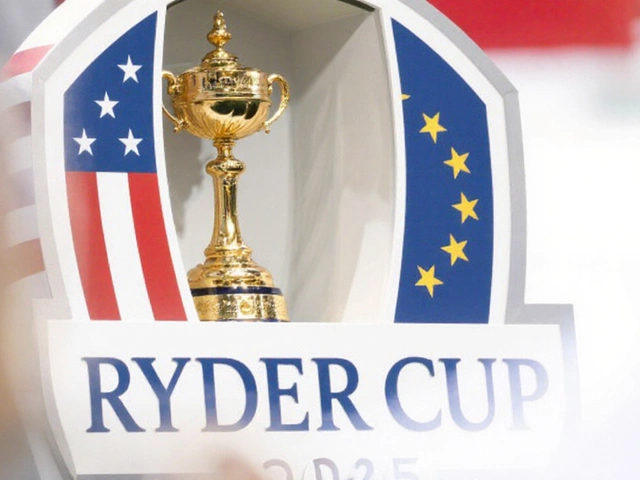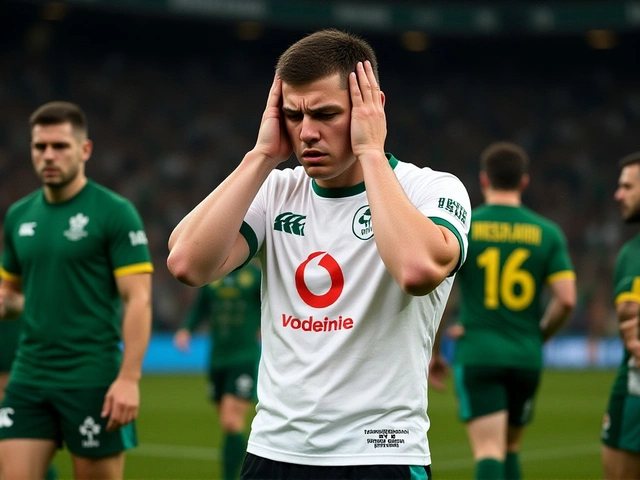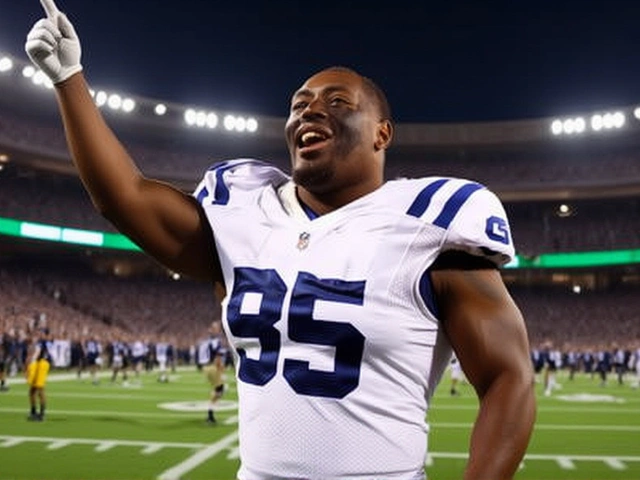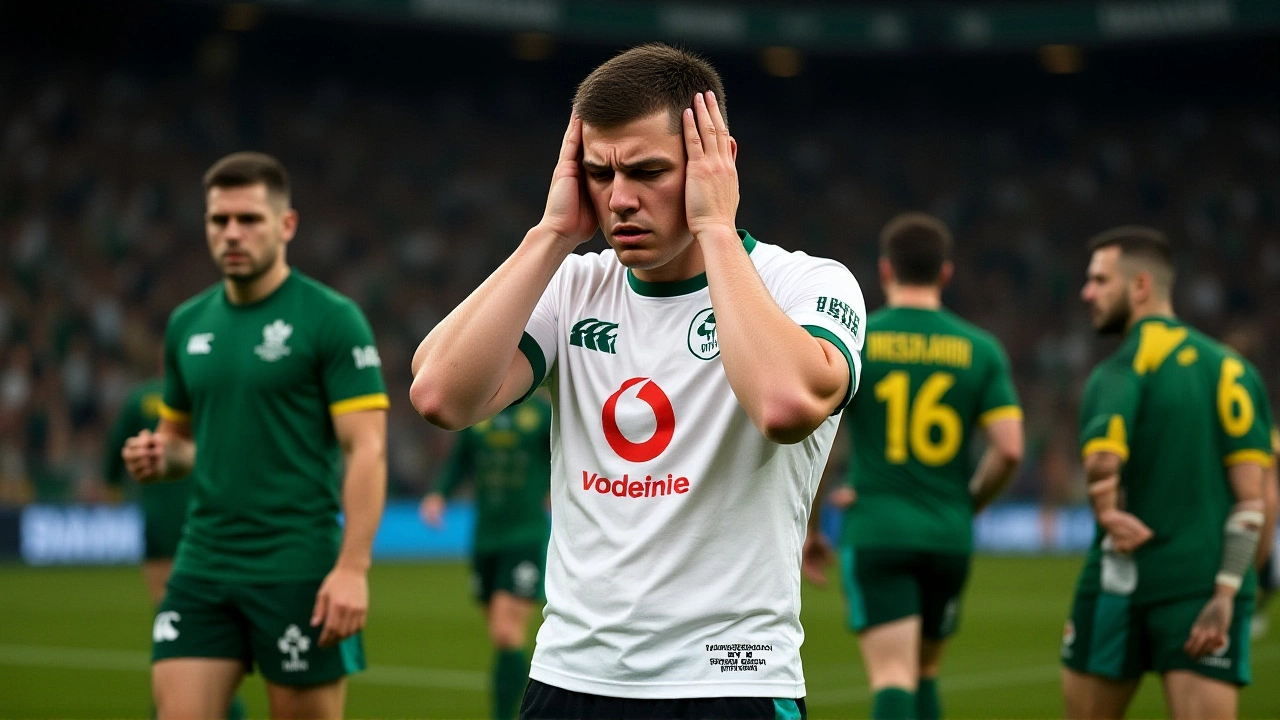 23
Nov,2025
23
Nov,2025
When the final whistle blew at Aviva Stadium on Saturday, November 22, 2025, the roar of 51,700 fans in Dublin wasn’t for victory — it was for heart. South Africa had just pulled off a 24-13 win over Ireland in a match that will be remembered not for its scoreline, but for its sheer, unrelenting drama. Ireland played over 35 minutes with only 12 men. They didn’t quit. They didn’t collapse. They fought — and nearly pulled off the impossible.
A Game of Numbers and Nerves
The turning point came in the 38th minute. With Ireland leading 10-9 and momentum swinging their way, flanker Josh van der Flier was shown a yellow card for a late tackle on South Africa’s Eben Etzebeth. The decision, reviewed by Foul Play Review Officer Dan Jones, stood. Suddenly, Ireland were down a man. And just like that, the game changed. South Africa smelled blood. Fly-half Handré Pollard — the calmest man on the pitch — slotted a penalty. Then, moments after the restart, a perfectly timed lineout drive from the Springboks’ front row — led by Etzebeth and Andrew Porter — ended with a try from winger Aphelele Fassi. The conversion made it 19-10 at halftime. Ireland, down a man and trailing, had no right to be in this game. But they were.The Irish Fight Back
The second half began like a storm breaking. With van der Flier back on the field, Ireland’s attack found rhythm. Captain Josh van der Flier carried like a man possessed. Conor Murray — not mentioned in the original text but a key figure in Ireland’s 2025 setup — orchestrated with precision. Jack Crowley slotted a penalty to cut the lead to 19-13. Then, in the 62nd minute, a blistering break from Garry Ringrose set up a try for Shane Daly. Crowley’s conversion made it 19-15. Two points. Two minutes. One heartbeat. The crowd rose. The noise was deafening. Aviva Stadium felt like a cathedral of defiance. But South Africa, seasoned survivors of countless battles, held their nerve. In the 74th minute, Handré Pollard — cool as winter in Pretoria — nailed a 42-meter penalty. 22-15. Then, with three minutes left, Moody — a replacement lock whose name barely registered before this match — powered over from a five-meter scrum. Pollard’s kick made it 24-15. The final score: 24-13 after Ireland added a late penalty.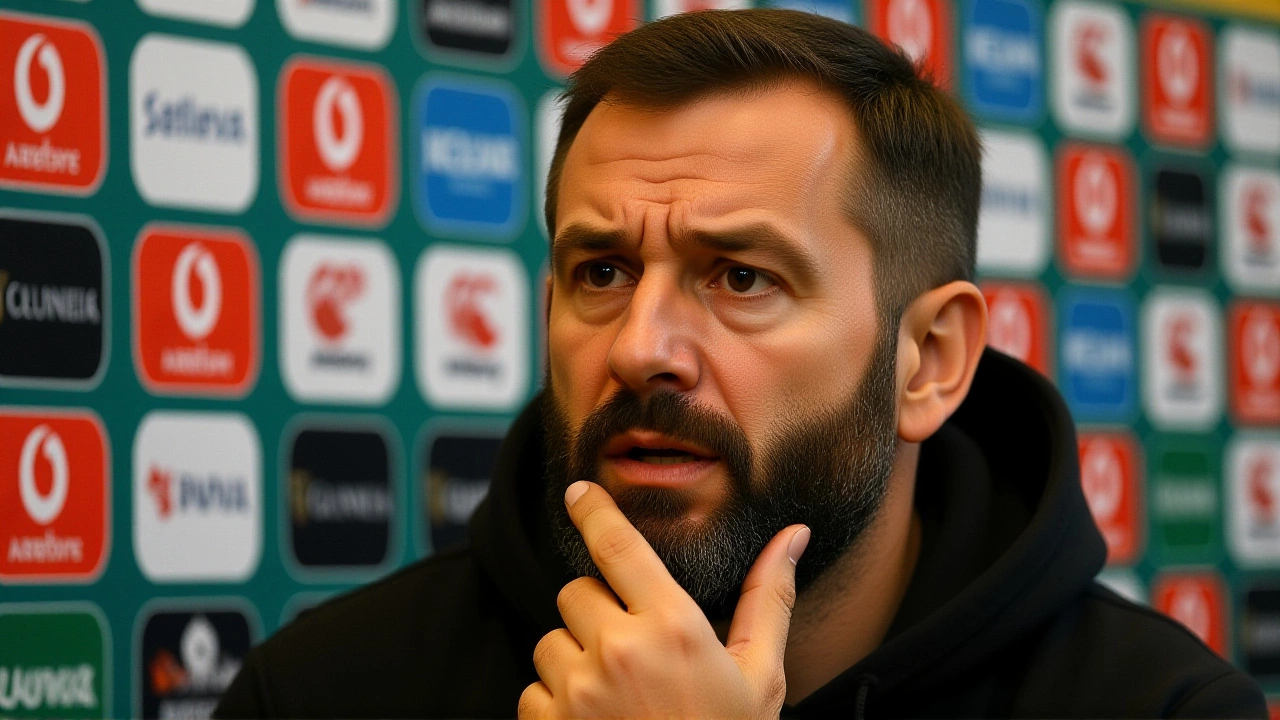
The Set Piece War
This wasn’t won by speed. It was won in the scrum. And the lineout. South Africa dominated both. The Irish scrum, once a fortress, was dismantled three times in the first half alone. Referee Matthew Carley and his team — including assistant Karl Dickson — were under constant pressure, but their consistency kept the game fair. South Africa’s mauling power, honed in the heat of Durban and Pretoria, was too much. Even with 12 men, Ireland couldn’t match the Springboks’ physicality in the tight phases. "The Irish scrum was pulverized once more," noted Mellomax Rugby. "But they didn’t fold. They simplified. They carried. They attacked like men with nothing to lose."A Rivalry That Keeps Rising
This was the fourth meeting between these teams in just 18 months. Previous clashes: Paris (2024), Loftus Versfeld in Pretoria (2024), Kings Park in Durban (2025), and now Dublin. Each game has been tighter than the last. Each has had a defining moment — a red card, a last-minute try, a controversial call. "You’ll never hear a more impassioned response from a stadium," said NBC Sports commentary. And they’re right. The Irish fans didn’t boo. They didn’t leave. They sang. Through the pain. Through the exhaustion. Through the loss. For South Africa, this was the final stop on a grueling November tour. They’d beaten France in Paris. They’d survived a near-upset in Cardiff. Now, they’d conquered Dublin. Coach Rassie Erasmus called it "the toughest win of the year." For Ireland, led by head coach Andy Farrell, the loss stings — but the pride runs deeper. They lost a man. They lost the game. But they didn’t lose their soul.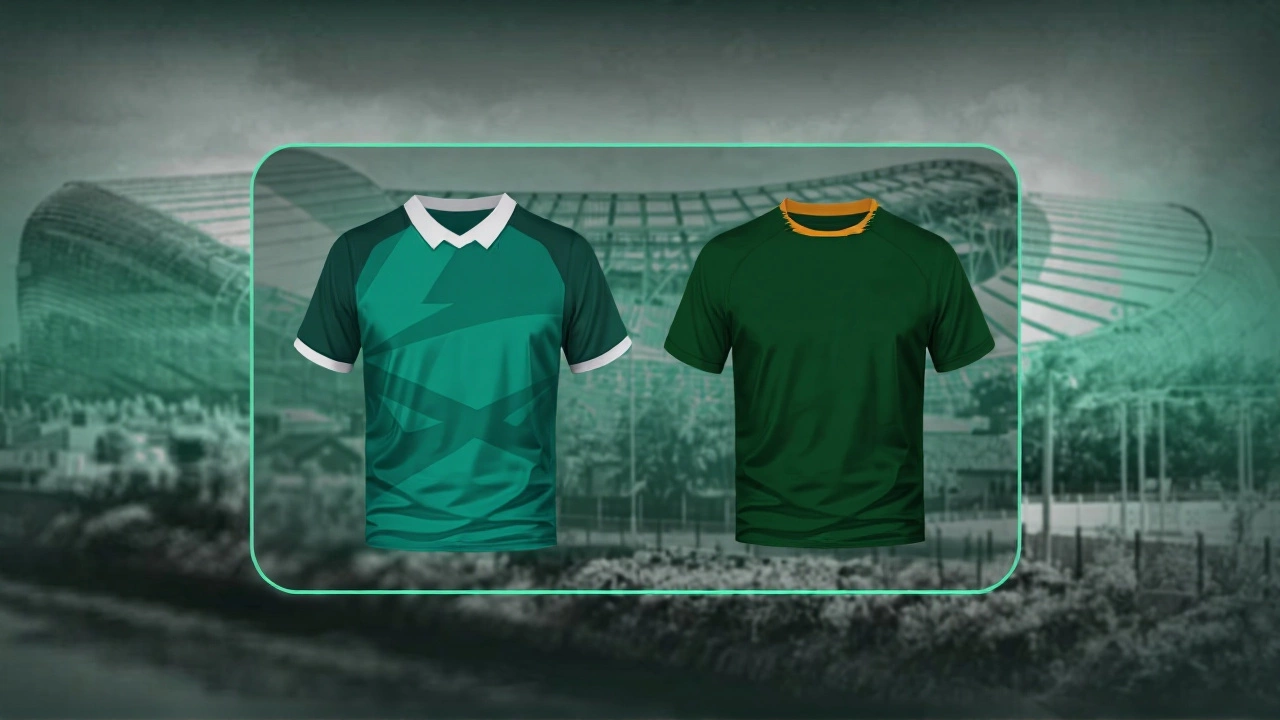
What’s Next?
Ireland’s Autumn Nations Series ends here. They finish with three wins, one loss — their only defeat coming against the world champions. Their World Cup 2027 preparations are now focused on fitness, depth, and mental resilience. Van der Flier’s leadership, Porter’s scrum mastery, and Crowley’s composure under pressure will be central. South Africa? They’re off to New Zealand in June for a three-test series. But this win in Dublin? It’s a statement. Not just to the world — but to themselves. They can win anywhere. Even when outnumbered.Frequently Asked Questions
How did Ireland manage to stay competitive with only 12 men?
Ireland simplified their game drastically — reducing complex structures in favor of aggressive, direct carries from key players like Josh van der Flier, Bundee Aki, and Shane Daly. Their defense tightened, with Conor Murray and Jamison Gibson-Park directing traffic with precision. They also capitalized on South Africa’s occasional handling errors, forcing seven turnovers in the second half — a testament to their discipline under pressure.
Why was Handré Pollard so crucial to South Africa’s win?
Pollard kicked 14 of South Africa’s 24 points — three penalties and two conversions — and his tactical kicking pinned Ireland deep in their own half for over 20 minutes in the second half. More than his boot, his calmness under pressure stabilized the Springboks’ attack when they were short-handed after the yellow card. He’s the only player to have scored points in all four Ireland-South Africa matches since 2024.
What impact did the 12-man situation have on the referee’s decisions?
Referee Matthew Carley was notably more lenient with South Africa’s ruck clear-outs and Ireland’s defensive collapses — a subtle but real shift in interpretation. While no further cards were shown, the Irish complained of inconsistent penalties on their scrums. The FPRO, Dan Jones, confirmed the yellow card to van der Flier was correct, but admitted the match’s physicality pushed officials to their limits.
How does this result affect World Rugby rankings?
South Africa’s win solidifies their No. 1 ranking, extending their lead over New Zealand by 2.7 points. Ireland, despite the loss, climbed to No. 4 — their highest since 2023 — thanks to their three Autumn wins. The gap between Ireland and No. 3 France has narrowed to just 0.9 points, making their June clash in Dublin a potential ranking decider.
Is this rivalry becoming bigger than the Six Nations?
In terms of intensity and drama, yes. The four meetings since 2024 have all been decided by 11 points or fewer. Each has featured a red card, a controversial call, or a last-minute try. Fans now treat these matches like finals. The fact that both teams are now playing each other twice a year — once in the Autumn Nations Series and once in the June tests — suggests this is becoming a permanent fixture in global rugby’s calendar.
What’s next for Ireland’s squad after this loss?
Ireland’s focus shifts to injury recovery — particularly for Josh van der Flier, who played 78 minutes with a minor shoulder strain, and Jack Crowley, who took a heavy knock. Andy Farrell has already confirmed a 30-man squad for the June tests, with five uncapped players invited to training. The priority: building depth in the back row and improving scrum stability against elite opposition.
